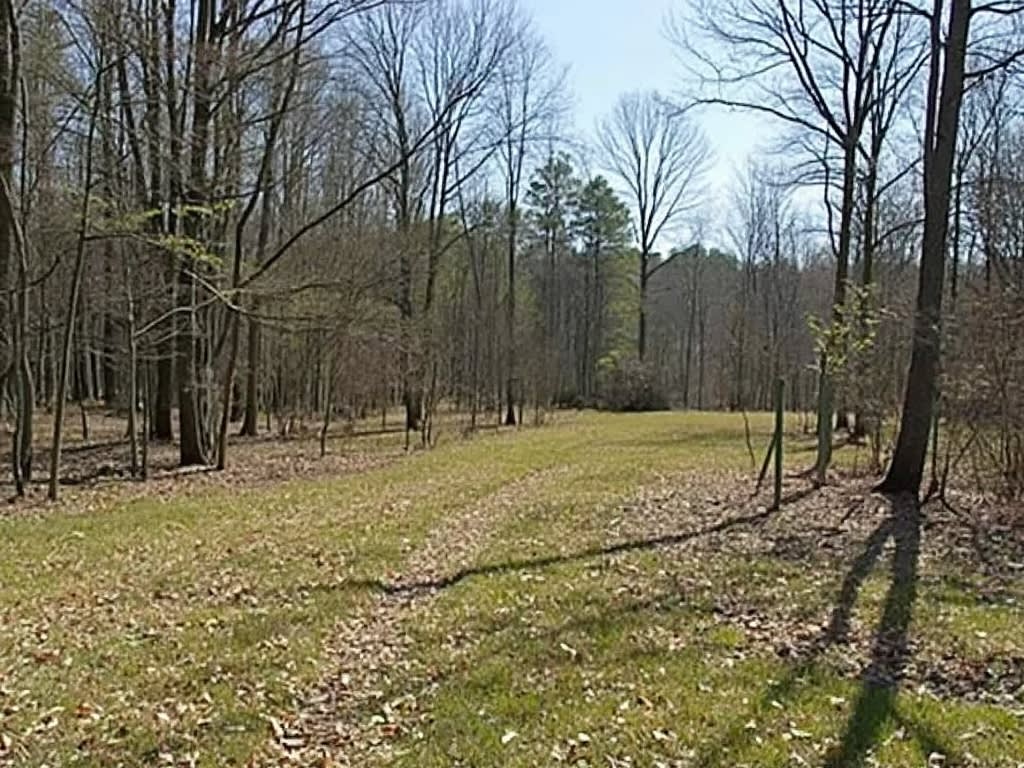The sale of inherited land in North Carolina requires following the probate process. This legal procedure typically spans several months and calls for specific documents, including probate letters and affidavits of heirship. I find that understanding different ownership structures plays a vital role in the sale process. Selling inherited land in North Carolina and handling joint ownership and tenants in common arrangements directly affect how you can sell the property and distribute proceeds among heirs.
Key Takeaways
- Probate becomes necessary without a will, during will contests, or when validation is required
- North Carolina imposes a $2 per $1,000 transfer tax, while capital gains tax applies to profits exceeding the inherited value
- The total cost of selling, including agent fees, repairs, and closing expenses, often reaches 20-25% of the sale price
- Cash buyers offer 50-75% of market value, while traditional listings maximize profits but require more time
- Setting up a revocable living trust or establishing joint ownership with right of survivorship helps bypass probate requirements
Understanding Your Rights and Requirements When Selling Inherited Land
Probate Process and Timeline
The probate process plays a key role in North Carolina land inheritance. I need to point out that probate becomes mandatory if there’s no will, if the will faces challenges, or if it needs validation. The timeline typically spans several months, though complex cases might stretch to a year. During this period, an executor manages the estate under court supervision.
Ownership Structures and Heir Agreements
Two main ownership types exist after inheritance: tenants in common and joint ownership with right of survivorship. For tenants in common, each heir holds a specific percentage of the property. Joint ownership grants automatic transfer to surviving owners. If multiple heirs can’t reach an agreement on the sale, a partition action through the court system offers a solution – forcing either a physical division or sale of the property with proceeds split among heirs.

Essential Documentation for Selling Inherited Property
Required Legal Documents
I’ll help you gather the correct paperwork to sell your inherited North Carolina property. The first document you’ll need is a probate letter or letter of administration from the court, which proves your legal right to sell. Next, secure an affidavit of heirship – this identifies all legal heirs to the property. If there’s a transfer on death deed, you’ll need that too.
Here’s what else you’ll need to collect:
- Property deed and current title documentation
- Recent property tax statements
- Existing mortgage paperwork, if applicable
- Power of attorney documents (if acting on behalf of other heirs)
- Title insurance policy or recent title search results
Having these documents ready speeds up the sales process and helps prevent potential legal issues down the line.
Financial Implications and Costs
Tax Obligations
Capital gains tax applies to profits above the inherited value, not the original purchase price. I’ll need to pay North Carolina’s transfer tax of $2 per $1,000 of property value. Property taxes stay current until the sale closes, while estate taxes only impact inheritances valued over $12.92 million.
Selling Expenses
Several costs impact the final profit when selling inherited land:
- Real estate agent commission ranges from 5-6% of sale price
- Repair and land clearing costs typically run 4-5% of property value
- Closing costs add another 8-10% to total expenses
- Outstanding debts, liens, or mortgages must be cleared before closing
These expenses can reduce the net proceeds by 20-25%. Understanding these costs early helps set realistic profit expectations and ensures proper financial planning for the sale.

Selling Options and Their Impact
Cash Sales vs Traditional Methods
I’ve found that selling inherited land in North Carolina offers distinct paths. Cash buyers deliver quick closings but typically offer 50-75% of market value. While this means less money in your pocket, you’ll skip repairs and staging costs.
Listing with a real estate agent maximizes your sale price but requires patience. Properties in North Carolina stay on the market for about 75 days before closing. You’ll need to handle inspections and possible repairs.
For those considering For Sale By Owner (FSBO), here’s what you’ll manage:
- Property appraisal to set accurate pricing
- Marketing and showing the property
- Negotiating with buyers directly
- Handling all paperwork and legal requirements
- Coordinating inspections and repairs
Home inspections reveal potential issues that could affect your sale price. Expect buyers to request repairs or price adjustments based on inspection findings.
Strategic Ways to Avoid Probate
Trust Creation and Benefits
Setting up a revocable living trust offers significant advantages for passing land to heirs without probate involvement. A living trust lets you maintain full control of your property while alive, then transfers ownership instantly upon death. I recommend establishing the trust at least 6 months before any planned property transfers to ensure proper documentation.
Alternative Ownership Structures
Joint ownership with right of survivorship provides another effective probate avoidance method. This arrangement automatically transfers property to the surviving owner after death. Here’s what makes joint ownership attractive:
- Minimal paperwork compared to trust creation
- Lower upfront legal costs
- Instant property transfer upon death
- No court intervention needed
- Protection from creditors in many cases
The trust must be properly executed with clear terms, asset listings, and beneficiary designations to be legally valid in North Carolina. Professional legal guidance ensures the structure aligns with state requirements.
Preparing the Property for Sale
Essential Property Preparations
I recommend starting with a professional property assessment to identify necessary repairs and improvements. A licensed home inspector can spot critical issues that might affect your sale price or create obstacles during negotiations. Basic maintenance tasks make a strong first impression – clean up debris, trim overgrown vegetation, and remove any abandoned items from the land.
Here’s what to tackle before listing:
- Order a title search to clear existing liens
- Settle any outstanding mortgage balances
- Schedule a certified property appraisal
- Fix major safety hazards or code violations
- Document boundary lines and survey markers
- Clean up environmental issues like waste removal
These steps help maximize your inherited land’s value while simplifying the sales process. Current market conditions in North Carolina continue strong for land sales, making this an opportune time to list once preparations are complete. You may want to consider whether an attorney is needed when selling land in North Carolina, especially with inherited property that may have complex legal requirements.

